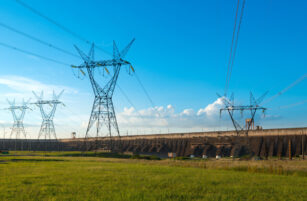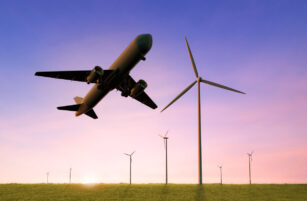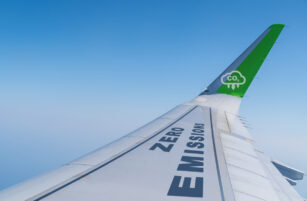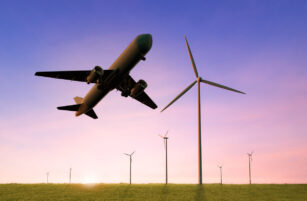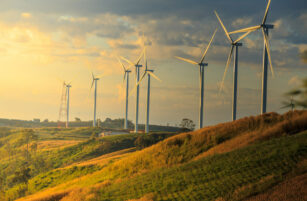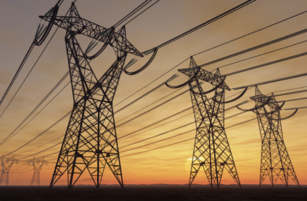Main points
- Brazilian government has taken steps to deal with rising fuel and energy prices.
- The constitutional amendment on fuels was passed
- Major power transmission capacity auction held
A few months before the elections, the government is pulling fresh rabbits out of its hat to deal with the rise in fuel and electricity prices.
As part of this package, the government enacted the law that guaranteed the full refund of billion-dollar tax credits to energy consumers for the tariff. And it was up to the National Electric Energy Agency (Aneel) to implement the new rule in the tariff adjustments applied this week. Enel São Paulo will return BRL 1.6b (USD 298m) in PIS and Cofins credits to consumers next year, which helped to reduce the company’s electricity bill readjustment, but which still came in above 10%.
Now, it is up to the ICMS ceiling for electricity and fuels – that law approved last week – to conclude the “mitigation package” that will help to keep prices down.
More than a month after his appointment Caio Mário Paes de Andrade will finaly take up his post as Petrobras CEO fulfilling the wish of President Jair Bolsonaro, who wants to ward off at least temporarily the feared increases in fuel prices.
Congress took a more direct route. The Proposed Amendment to the Constitution (PEC) 1/2022 was approved, which includes the PEC on fuels, and provides for a provisional increase in Auxílio Brasil social welfare payments to BRL 600 (every two months) as well as the creation of the “trucker voucher”, which consists of a BRL 1,000 diesel allowance.
Transmission Auction
Energy inflation is an urgent problem, but the has also looked to the future in recent days.
The second largest transmission auction in the country’s history in terms of investments secured BRL 15.3 billion in new assets over the next few years, and had an average discount of 46.16% in relation to the maximum permitted annual revenue (RAP). point for the consumer.
The investments were focused on the flow of photovoltaic power generated in the north of Minas Gerais, and will be the gateway to a gigantic expansion costing billions of the transmission capacity for renewables from the Northeast to the South and Southeast.
Speaking of transmission, Aneel opened the third phase of the public consultation on the locational signal, which will discuss the model to be applied. The idea is that power that costs more to transport will have this reflected in the tariff.


